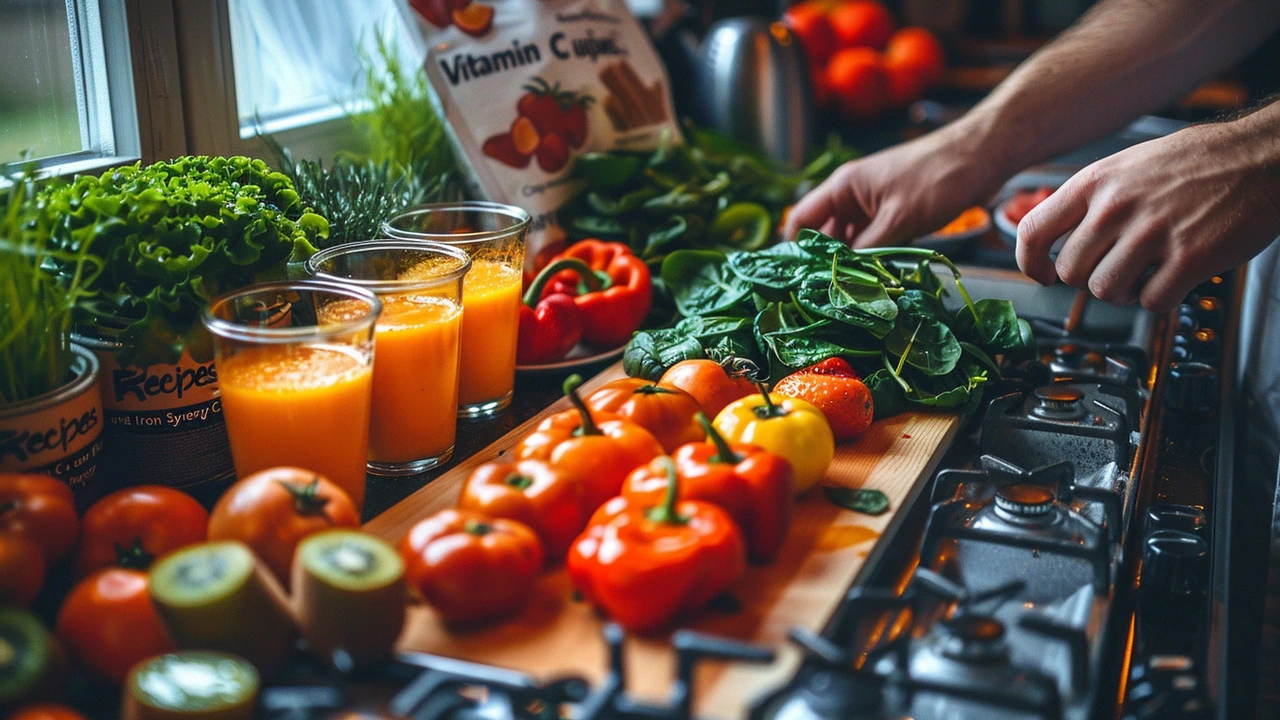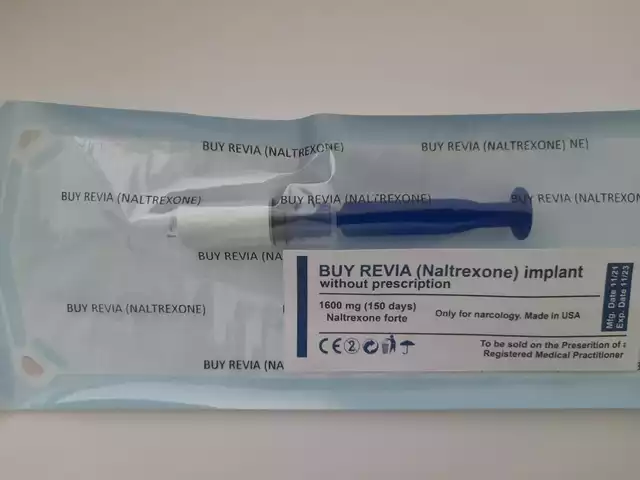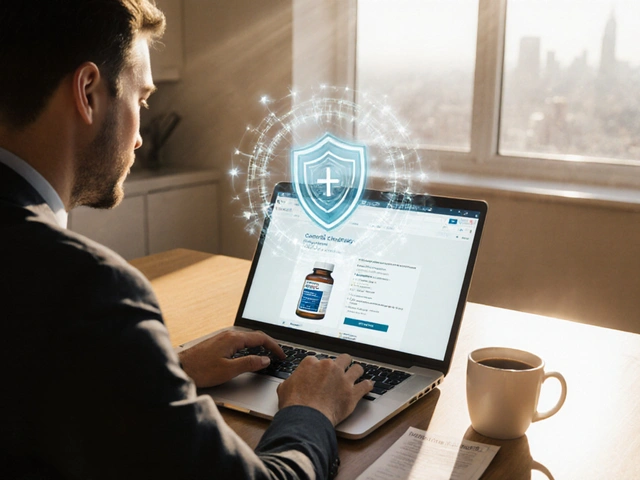Anemia Prevention: Easy Ways to Keep Your Blood Strong
Feeling tired all the time? Low energy could be a sign your red blood cells aren’t doing their job. The good news is you can often stop anemia before it takes hold, just by tweaking what you eat and how you live.
Eat Iron‑Rich Foods Every Day
The fastest way to keep iron levels up is to load your plate with foods that contain the mineral. Red meat, chicken liver, and turkey are top choices because they give you heme iron, which your body absorbs best. If you’re vegetarian or just want variety, go for lentils, beans, tofu, spinach, and pumpkin seeds. Pair these plant foods with a source of vitamin C—like orange juice, bell peppers, or strawberries—to boost absorption.
Don’t forget to spread iron sources throughout the day. A breakfast scramble with chopped kale, a lunch bean salad, and a dinner steak keeps the supply steady without overloading any single meal.
Watch What Stops Iron From Being Used
Certain drinks and foods can block iron absorption. Coffee, tea, and red wine contain polyphenols that stick to iron and keep it out of your bloodstream. Try to enjoy these beverages between meals instead of with them. Calcium also competes with iron, so if you take a calcium supplement or eat dairy, give it an hour before or after your iron‑rich meals.
Another hidden blocker is excessive alcohol. It can damage the gut lining and lower red blood cell production. For details on how booze affects anemia, check our article Alcohol's Effects on Anemia.
Get Enough Vitamin B12 and Folate
Iron isn’t the only nutrient that matters. Vitamin B12 and folate help your body make new red blood cells. Good B12 sources are fish, eggs, and fortified cereals. For folate, load up on leafy greens, broccoli, and beans. A balanced intake of these nutrients reduces the risk of anemia caused by deficiencies other than iron.
Check Your Health Regularly
A simple blood test can tell you if your hemoglobin is low before you feel any symptoms. If you have a family history of anemia, or if you’re pregnant, diabetic, or have a chronic illness, ask your doctor for an annual check‑up. Early detection means you can adjust diet or start supplements right away.
If your doctor recommends iron pills, take them exactly as directed—usually on an empty stomach with water and a source of vitamin C, but not with coffee or dairy. Side effects like constipation are common; stay hydrated and add fiber‑rich foods to keep things moving.
Make Lifestyle Tweaks That Add Up
Regular exercise improves circulation and encourages your body to produce more red blood cells. Even a brisk 30‑minute walk most days can help. Manage stress because chronic stress hormones can interfere with iron metabolism. Sleep matters too; aim for 7‑9 hours so your body has time to repair and make new cells.
In short, preventing anemia is about feeding your blood the right fuel, avoiding blockers, and keeping an eye on your health. Small daily choices—like swapping a coffee cup for orange juice at breakfast or adding a handful of nuts to your lunch—add up fast. Start with one change today, and you’ll be on the road to stronger, more energetic days.
The Essential Role of Vitamin C in Boosting Iron Absorption and Preventing Anemia
Vitamin C plays a crucial role in enhancing iron absorption and preventing anemia. Understanding how this vitamin works with iron can help individuals maintain better health. This article explores the relationship between Vitamin C and iron, the importance of their synergy, and practical tips for incorporating these nutrients into your diet.






